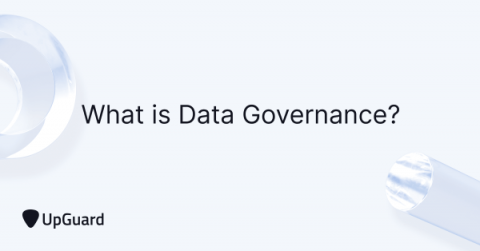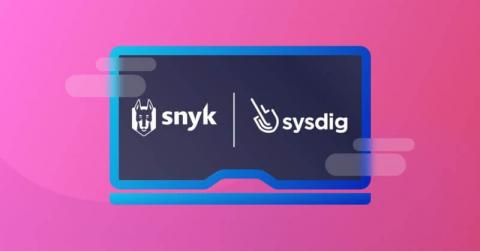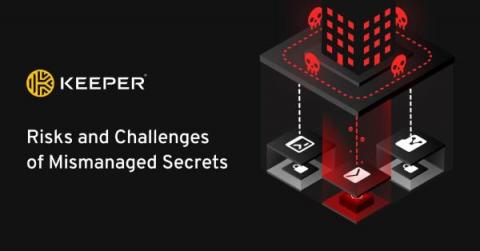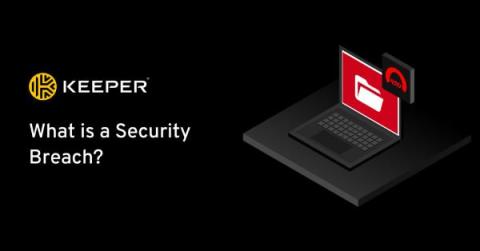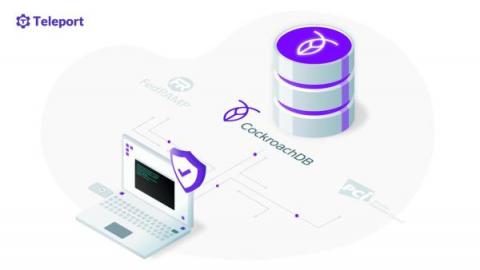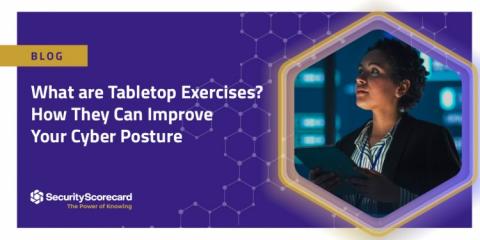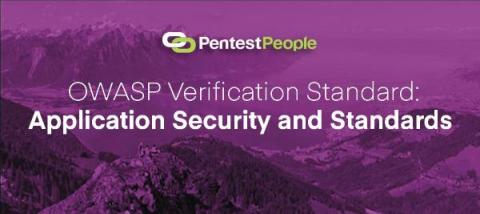What is Data Governance?
Data governance is a broad term that refers to the strategy of managing availability, usability, standard compliance, consistency, data integrity, and data security in organizations and companies. While the term is notorious for escaping definitions, data governance is often defined as the first essential branch of data management strategy.


